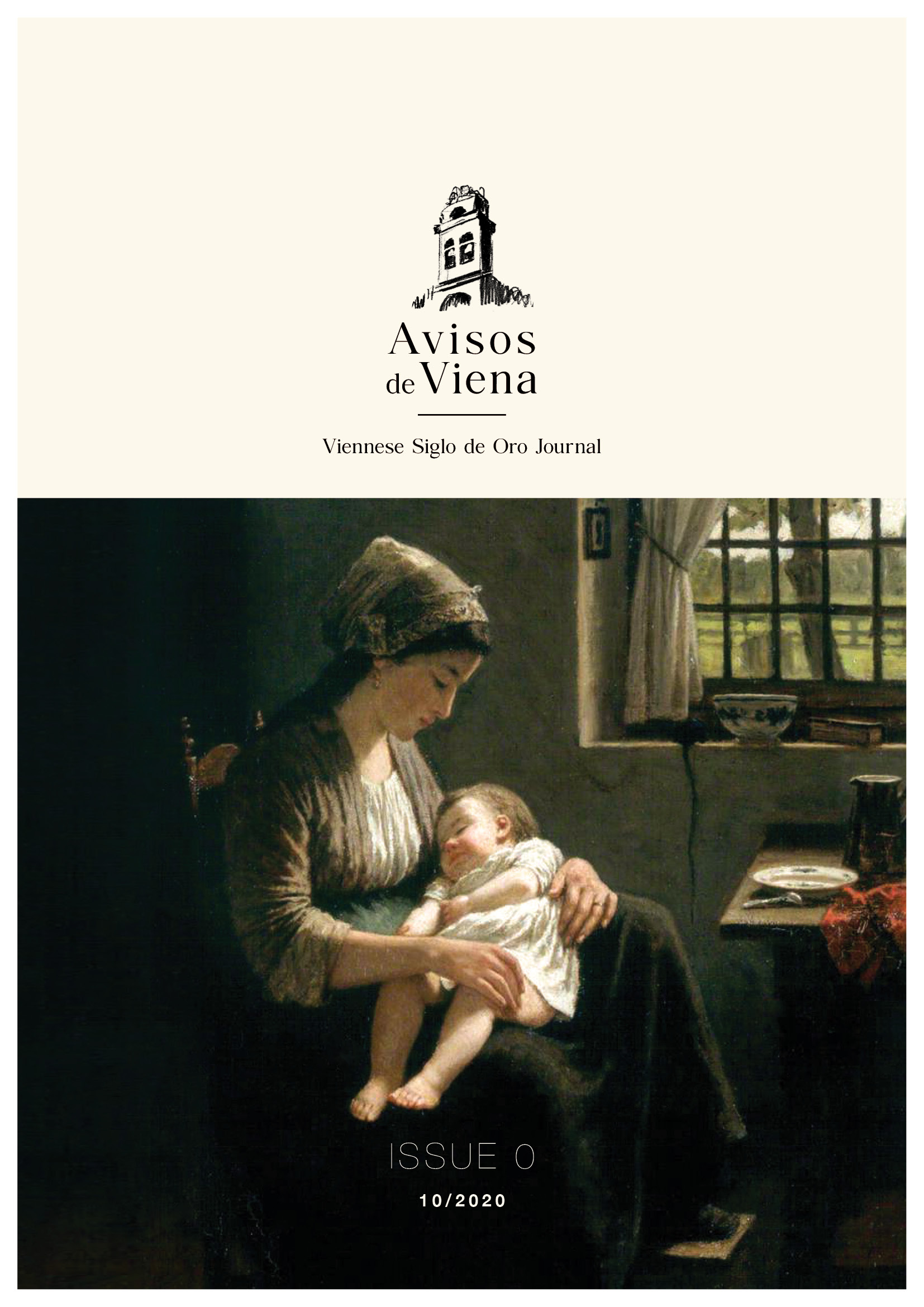Verhütung auf Um-Wegen
Vom kumber und der ausbleibenden sach in den (Reise-) Tagezetteln Johanna Thereesias von Harrach, 1676, Madrid – Wien
DOI:
https://doi.org/10.25365/adv.2020.1.6176Keywords:
Johanna Theresia von Harrach, 1676, Wien, Madrid, Verhütung, Menstruation, Ferdinand Bonaventura, Tagzettel, sach, kumber, tres faltas, Ehe, The Interpretation of Childbirth in Early Modern SpainAbstract
In September 1676, Countess Johanna Theresia von Harrach embarked on a challenging journey from Madrid to Vienna with her five children, while her husband, the imperial ambassador, remained in Madrid. Chronicling her experiences in detailed "Tagzetteln," she recounts the hardships of the journey, including unreliable transportation and health challenges such as smallpox.
An unexpected event occurs: Johanna Theresia's menstruation ceases. In one of her notes, she humorously informs her husband of this absence and playfully alludes to potential rumors arising from her unusual travel companions. Despite her apparent lightheartedness, her writings reveal an awareness of societal norms and expectations regarding intimacy and reproductive health.
Analyzing these notes provides insights into the personal lives and cultural norms of the 17th century, as well as individual experiences and strategies for coping with travel and reproductive health issues in the Early Modern period.
References
Bastl, Beatrix. “Eheliche Sexualität in der Frühen Neuzeit zwischen Lust und Last. Die Instruktion den Fürsten Karl Eusebius von Liechtenstein.” In Archiv für Kulturgeschichte, 78 (2), 1996, 277-301.
Keller, Katrin, & Catalano, Alessandro (Eds.). Die Diarien und Tagzettel des Kardinals Ernst Adalbert von Harrach (1598-1667). Köln/Wien: Böhlau, 2010.
King, Margaret L. Frauen in der Renaissance. München: Beck, 1993.
Metz-Becker, Marita (Ed.). Wenn Liebe ohne Folgen bliebe…: Zur Kulturgeschichte der Verhütung. Marburg: Jonas, 2006.
Meyer, Elke. Die (Reise-)Tagzettel der Johanna Theresia Harrach. Unpublished Master’s Thesis, University of Vienna, 2013.
Pils, Susanne Claudine. Schreiben über Stadt. Das Wien der Johanna Theresia Harrach 1639-1716. Wien: Deuticke, 2002.
Oliván Santaliestra, Laura. “The Countess of Harrach and the Cultivation of the Body between Madrid and Vienna.” In Joan-Luis Palos & Magdalena Sanchez (Eds.), Early Modern Dynastic Marriages and Cultural Transfer. London: Routledge, 2016, 213-234.
Downloads
Published
How to Cite
Issue
Section
License
Copyright (c) 2020 Hannah Fischer-Monzón

This work is licensed under a Creative Commons Attribution 4.0 International License.
© Open Access, CC BY 4.0








